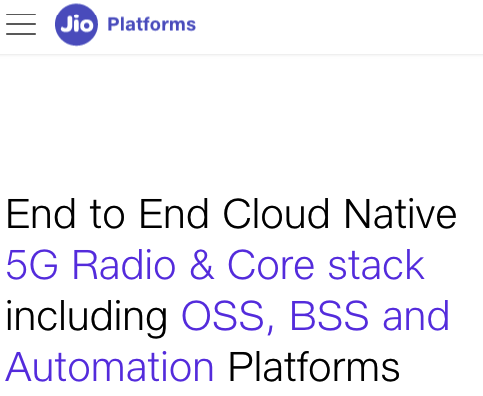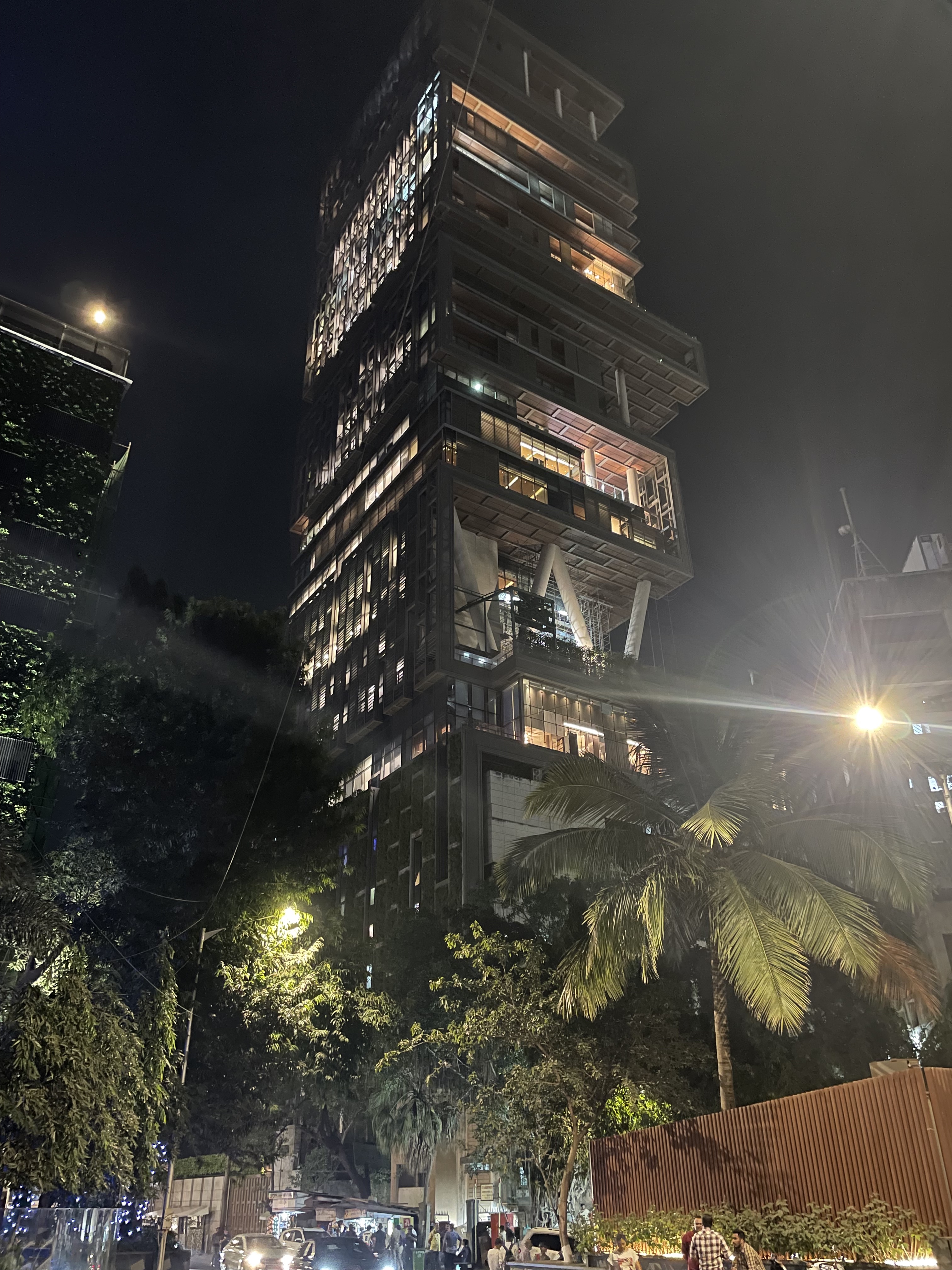If you ask most people what Jio is they will tell you it’s the mobile phone network from Mukesh Ambani and Reliance Industries. Up until recently, even I was under the impression that Jio was this mobile phone provider created by Reliance to cover all of India with cheap and superfast internet access. But, that’s only part of the story. Before we get to what Jio really is, let me go back in time.
Jio was really born in June 2010 when it acquired a 95% stake in Infotel Broadband Services Limited (IBSL). At the time IBSL was the only company that won the 4G broadband spectrum in all 22 circles in India. IBSL was later renamed to Reliance Jio Infocomm Limited (RJIL). It took them almost 5 years to actually launch their service in September 2015. It was a resounding success and within 1 year they had amassed 130 million subscribers. As of now, they have over 380 million subscribers.

In early 2019, I was part of the initial free beta test for Jio Fiber. The speeds and uptime of the connection were something I had not seen before in India…and this was all free while part of their early access program. In late 2019 they commercially launched Jio Fiber across several metros with speeds of up to 1 Gigabit per second (Gbps).

Then the pandemic hit and they started charging everyone for their Jio Fiber connection. And soon enough the Private Equity flood gates opened up for Jio Platforms, which is the company that was previously known as Reliance Jio Infocomm Limited.

At the time, I couldn’t understand why all these big firms would buy a stake in a local telco provider. Granted Jio would be the largest mobile phone provider in India and would have many ways to monetize its customers but again it was local to 1 country – India.
Fast forward to about 6 months ago, when my eyes were opened up by several seasoned telco executives who laughed at me when I mentioned “Oh, Jio is just a mobile phone provider”. One of them mentioned the name change from Reliance Jio Infocomm Limited to Jio Platforms was deliberate.

If you visit jio.com/platforms you will see another side of Jio and I’m sure this is the side of the business that all the big Private Equity players are really interested in. Because Jio views itself as a mobile platform provider to take its technology stack to other countries and sell it, basically Jio wants to own the entire tech stack for telcos. The Jio mobile network in India is their working production environment that Jio Platforms can point to and say – “yup, 380 million active connections working without any issues.”
Jio has developed its own 5G core network, an end-to-end 5G stack consisting of radio, cloud infrastructure deployment as well as cloud-native operation support system (OSS) platforms. Not to mention all the apps they have created on the consumer side…they are set to dominate the 5G space as a provider of 5G technology and as a 5G telco in India.
One of the biggest costs in building a mobile phone network is the Radio Access Network (RAN) more commonly known as the cell phone tower infrastructure. The estimates are anywhere from 50-70% of a telco’s overall capital expenditure (CapEx) is RAN hardware. So what does Jio do? One of the first things they do is join the Open RAN (O-RAN) Alliance which is a working group to open up and standardize the RAN hardware and software specifications.

Currently, Ericcson, Nokia and Samsung have a near monopoly on telecom gear, so the big mobile phone providers got together and created O-RAN to push for more openness. The telcos know it will drive down costs as the hardware and software will become a commodity and allow them to deploy more equipment and have far better reach and coverage for their end customers.
So there you have it, most people think Jio is a local mobile phone provider in India. But in reality, the reach of Jio Platforms is global.
More importantly, this is Reliance’s 2nd attempt at launching a mobile network. Back in 2004, Reliance Infocomm launched a CDMA network with great fanfare selling the “Dhirubhai Ambani Pioneer Scheme” that gave customers free unlimited incoming calls for 3 years. However, over time it didn’t do so well and in 2014 they shut down the CDMA network. But, it takes serious nerves of steel to try something again where you failed in the past. The team at Reliance seems to have learned a lot and doubling down on Jio where the sky’s the limit for them.
Below is a speed test I did from my iPhone 12 mini on Altamount Road, yes that is 1.8 Gbps from Jio 5G…unbelievable!



